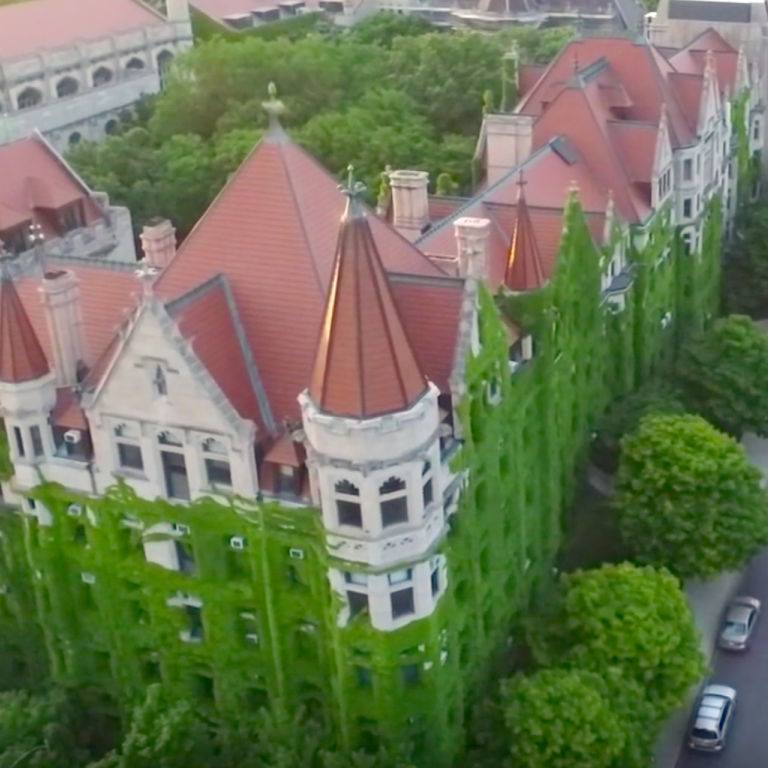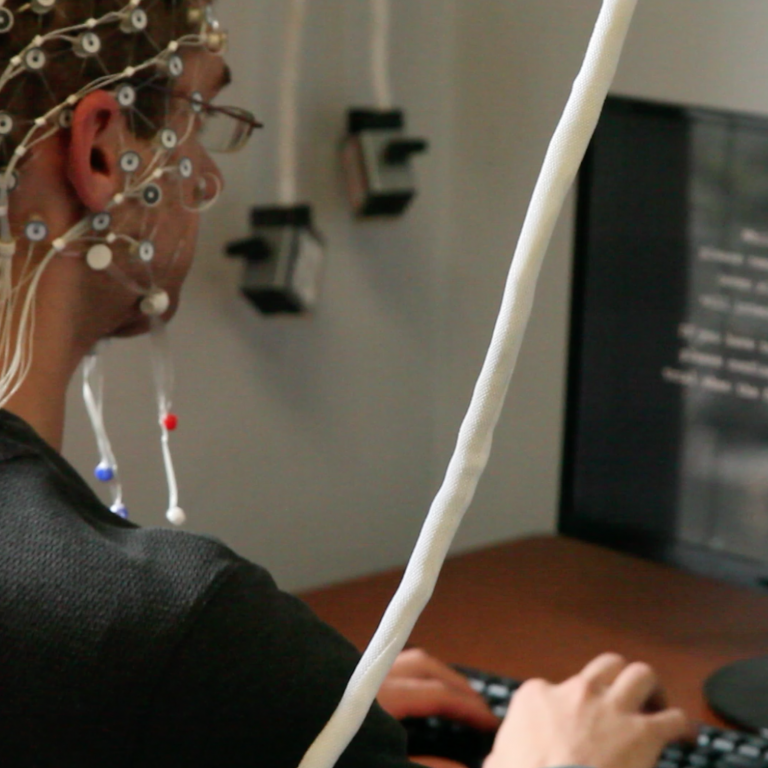It’s increasingly difficult as educators to focus on what is essential for the success of teaching our children to flourish; to fill in the gaps between test scores and academic achievement with critical thinking, character, creativity, and community. On February 27th, 2023, Hyde Park Institute and the University of Chicago Center for Practical Wisdom held a hybrid event “Reimagining the classroom with Theodore Richards” to discuss the roots of these problems.
Follow this link for a highlight video of the event.
Follow this link to view the recorded zoom.
By focusing on the reconnection and unification of the classroom, the impact reaches deep, servicing “both the inner life of the child—serving as an antidote to today’s escalating mental health crises—and a pathway to address our global challenges rather than reinforcing the values that underpin them” Richards stated in the discussion.
The 90-minute intimate conversation with Dr. Richards was made publicly available as a webinar, with hundreds of registrants and touched on topics from pedagogy to philosophy as outlined in the book Reimagining the Classroom: Creating new learning spaces and connecting the world.
With his background as an educator, author, and philosopher, Theodore Richards argued that the current educational system is one where “individuals are emphasized over relationships. [It] is a deficit narrative, a story that emphasizes what the child lacks, rather than an asset narrative emphasizing the gifts and wisdom that each child brings.” He noted if we continue to only teach in this one way, we can easily miss a wiser approach to teach in the classroom those values we want to be reflected in the world. Richards acknowledged that this sort of education is hard to test and includes patience from parents and school boards to understand how this works out across time.
Over the course of the discussion, the conversation turned to teaching democracy from a young age. Richards argued this sort of education can start with our own humility. For example, while the teacher may be older and have more knowledge, this doesn’t necessarily mean the teacher has more value than the child. He noted, with that as a starting point, the dialogue can really be opened to wholistic learning approaches, working on articulating students’ worldview, and becoming consciously aware of the subtle assumptions we make of our place and the place of others in the world. He asked, “Are we fundamentally community or fundamentally individuals?” He continued that this sort of essential change also means having professional support systems so we, as educators, can take care of each other. And further pointed out, these supports need to be woven into the profession on all sides of the education system for human flourishing to be achieved.
The event catered towards the values and morals echoed in the book by transforming the classroom into a microcosm, as symbolism for a more hopeful, connected, and soulfully aligned future.
To find out more:
Follow this link for a highlight video of the event (courtesy of the JJ Effect):
Follow this link to view the recorded zoom.
Follow this link to buy the book Reimagining the Classroom: Creating new learning spaces and connecting the world



